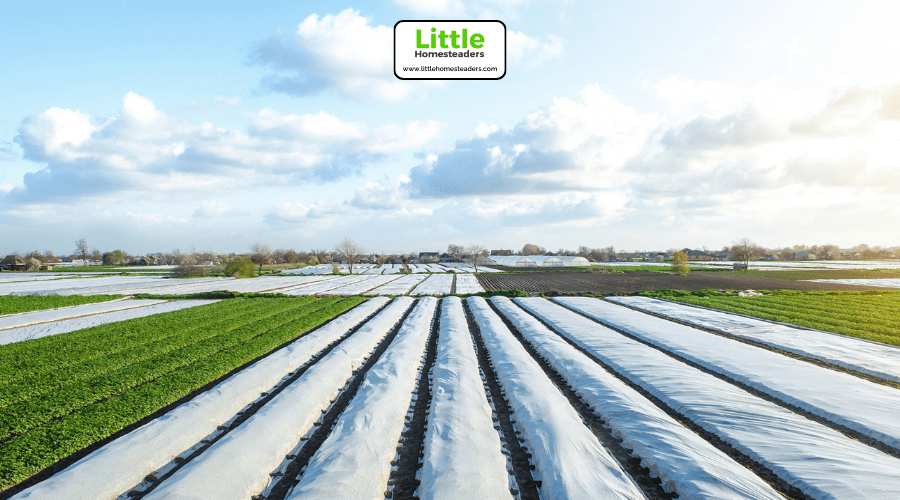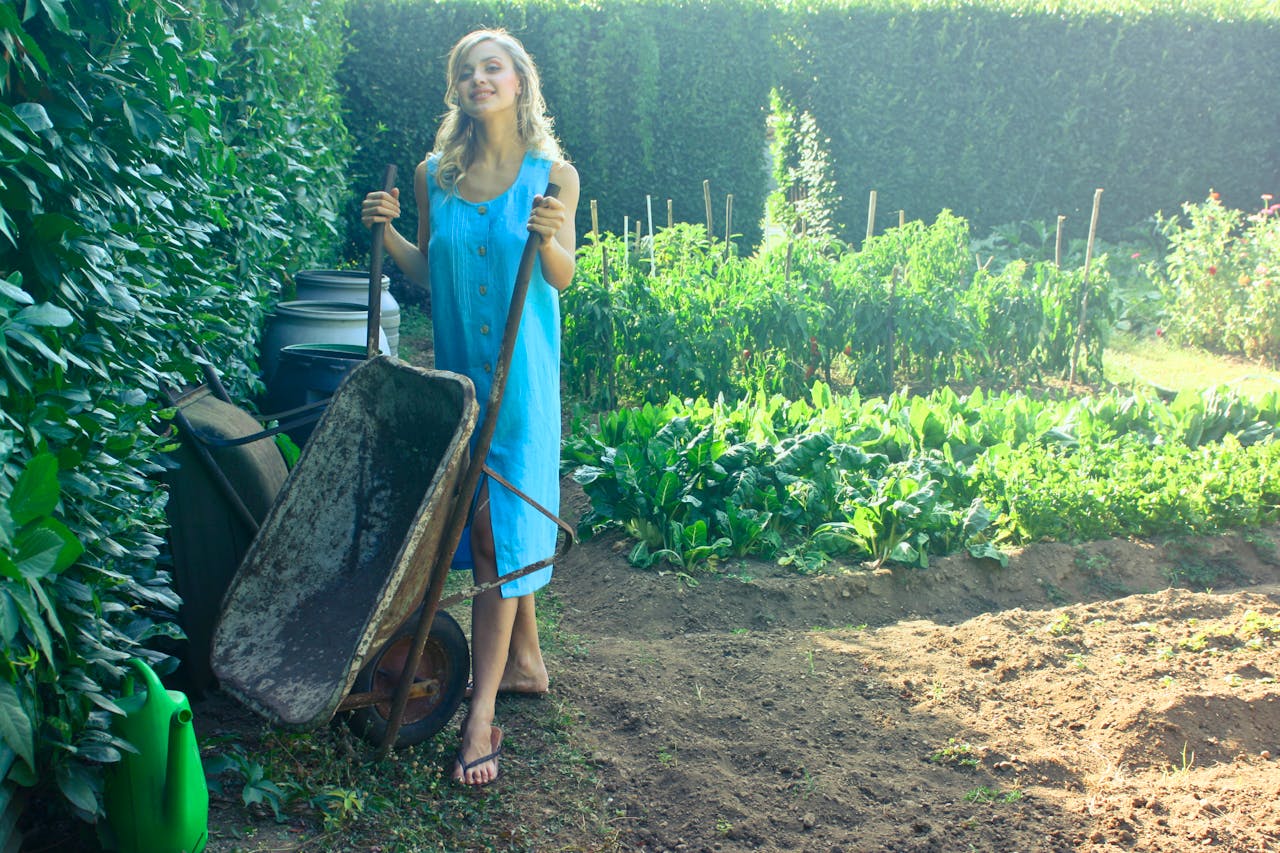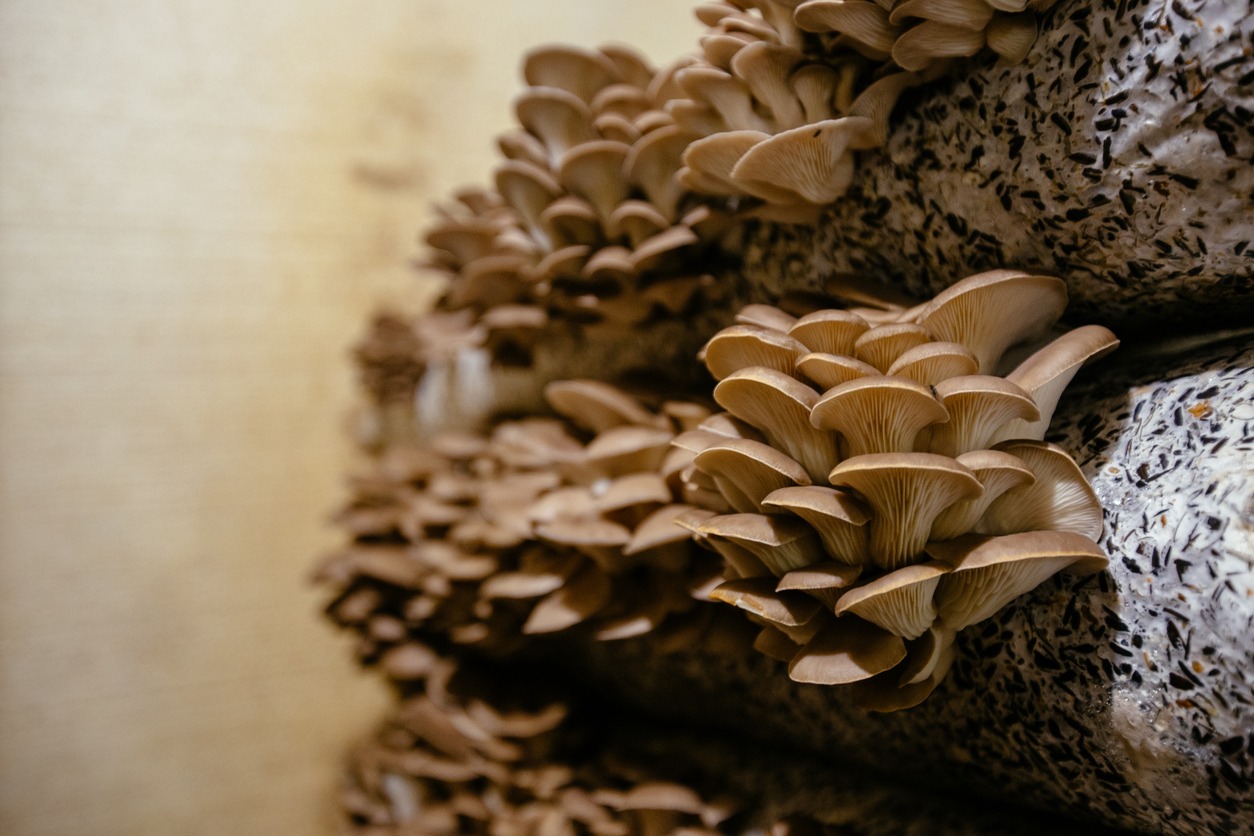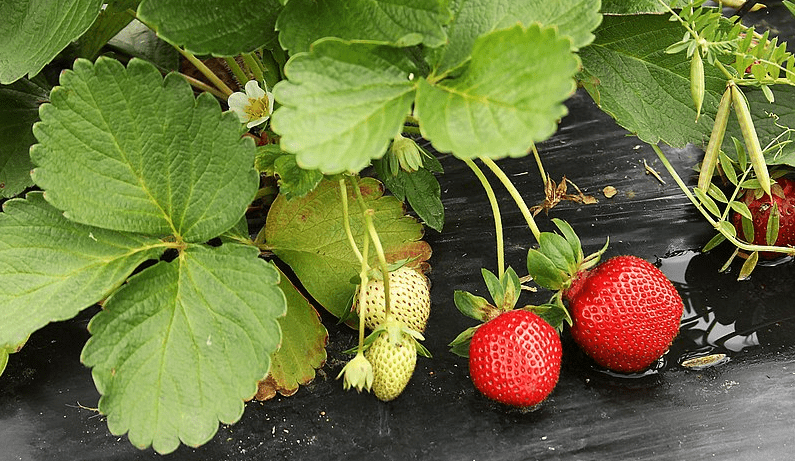GMO Seeds on the Homestead: Should You Use Them?
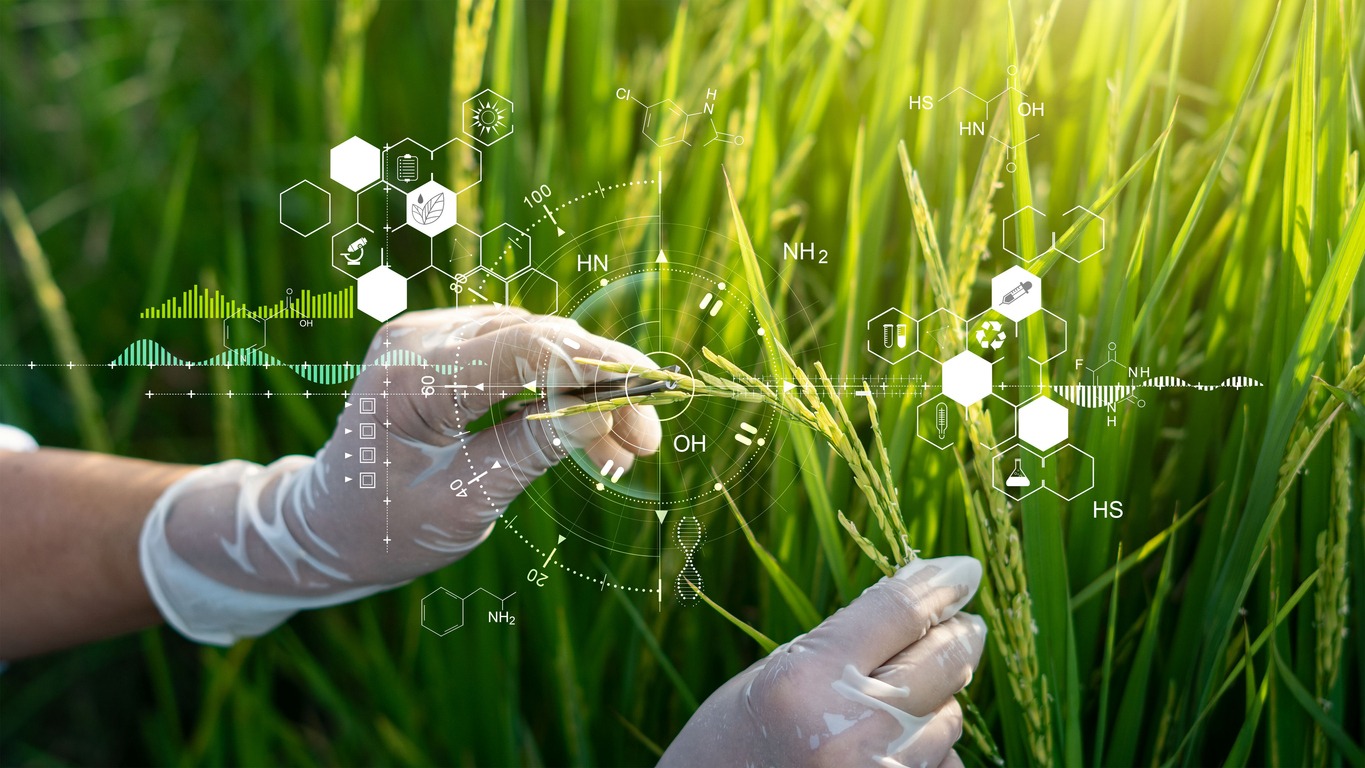
The debate over GMO seeds stirs strong opinions among farmers, gardeners, and homesteaders alike. While some hail them as a scientific marvel that could solve global food shortages, others view them as a risky and unnatural intervention with unknown long-term consequences. For homesteaders, the decision to use GMO seeds isn’t just about science—it’s about aligning with values like self-sufficiency, sustainability, and responsible stewardship of the land.
This guide will walk you through the benefits, concerns, and alternatives to GMO seeds, helping you make the best choice for your homestead.
What Are GMO Seeds?
GMO, or genetically modified organism, seeds are created in a laboratory through a process called genetic engineering. Unlike traditional methods of cross-breeding or hybridization, genetic engineering allows scientists to directly alter a plant's DNA by introducing genes from unrelated organisms, such as bacteria, to produce specific traits. This method enables traits that would not naturally occur through conventional plant breeding.
For example, some GMO seeds are designed to resist pests by incorporating a bacterial gene that produces an insect-killing toxin. Others may have built-in resistance to drought or tolerance to herbicides, allowing farmers to spray fields without harming their crops.
GMO seeds are typically created to solve specific agricultural challenges, such as improving yields or combating disease. However, they are primarily marketed for large-scale commercial farming and are not as widely available for home gardeners or small-scale homesteads.
How Are They Different From Hybrid Seeds?
While hybrid seeds are the result of natural cross-pollination between two plant varieties, GMO seeds involve altering DNA in a laboratory. Hybridization occurs within the plant’s natural genetic pool, relying on traditional breeding techniques that humans have used for centuries. For example, crossing two tomato varieties to produce a more flavorful or disease-resistant fruit is a hybridization process.
GMO seeds, however, go a step further. Scientists can introduce genes from unrelated species—such as inserting fish DNA into tomatoes (an experimental process, though not commercialized)—to achieve specific traits. This capability makes GMOs powerful but also controversial, as the changes are seen as more artificial and less predictable.
The Benefits of GMO Seeds
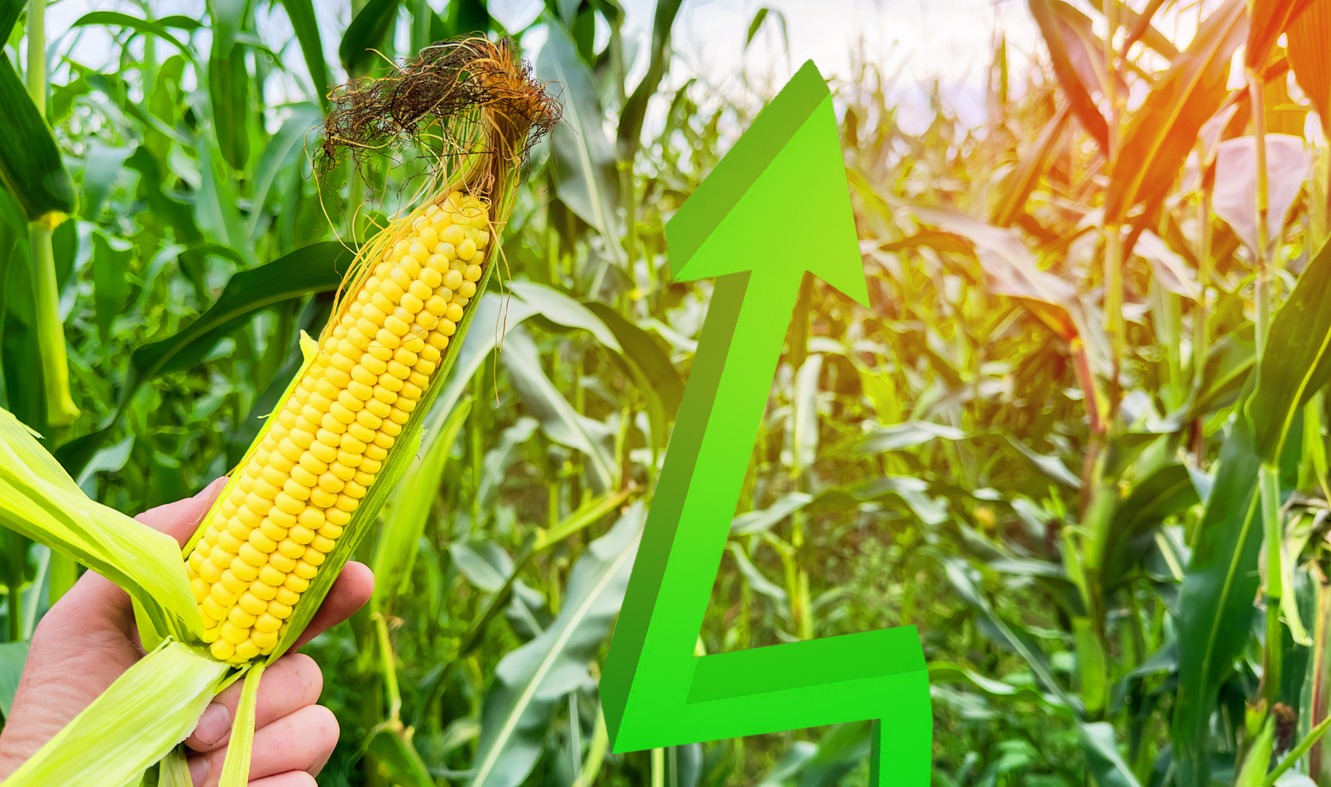
While they are often designed for large-scale farming, the advantages they provide—such as resilience and efficiency—are worth considering, especially if your homestead faces environmental or pest-related challenges. Let’s explore the key benefits these seeds bring to the table.
Increased Resilience
One of the main advantages of GMO seeds is their ability to thrive in challenging environments. Crops like drought-resistant corn or pest-resistant cotton are specifically engineered to withstand conditions that would devastate traditional varieties. For homesteaders living in areas with unpredictable weather, these traits may seem like an attractive solution.
Imagine a season where rainfall is scarce, and water sources are limited. A drought-tolerant GMO seed could mean the difference between a failed harvest and a modest yield. Similarly, pest-resistant crops reduce the need for chemical pesticides, potentially lowering costs and minimizing labor.
Higher Yields
GMO seeds are often designed to produce higher yields, even in suboptimal conditions. For example, genetically modified corn has been shown to deliver consistent productivity in regions plagued by pests or poor soil quality. While homesteaders might not prioritize large-scale production, the idea of achieving more with less effort and fewer inputs could still be appealing, especially for families relying on their harvest for sustenance.
Simplified Weed and Pest Management
Certain GMO crops are engineered to tolerate herbicides, allowing farmers to apply weed killers without harming their crops. This can significantly reduce the time and labor required to manage weeds in large fields. For homesteaders with limited manpower, this trait might appear advantageous, particularly when paired with pest-resistant varieties that eliminate the need for extensive pesticide applications.
Enhanced Nutritional Content
Some GMOs are developed with improved nutritional profiles. A notable example is golden rice, which is fortified with Vitamin A to combat malnutrition in developing countries. Although these nutritionally enhanced crops are not widely available to homesteaders, they demonstrate the potential for GMOs to address dietary deficiencies on a broader scale.
While these benefits are notable, they are often tailored to large-scale agricultural needs. Homesteaders should evaluate whether these advantages truly align with their personal farming goals.
Concerns About GMO Seeds
While GMO seeds offer certain advantages, they also raise significant concerns for homesteaders. These range from health and environmental impacts to ethical and legal issues that could influence how you farm and interact with your local ecosystem. It’s essential to examine these risks carefully before making a decision.
Health Risks
The safety of GMOs has been widely debated. While regulatory agencies like the FDA and WHO have deemed them safe for consumption, critics point out the lack of extensive, long-term studies. Some argue that genetic modifications could introduce unintended allergens or toxins into the food supply, creating health risks for consumers.
Additionally, concerns about how GMO foods might impact gut health or contribute to chronic diseases remain speculative but valid. For many homesteaders focused on natural and holistic living, the uncertainty surrounding GMOs may outweigh their potential benefits.
Environmental Impacts
The environmental footprint of GMOs is another pressing issue. Crops engineered to tolerate herbicides, such as glyphosate-resistant soybeans, have led to increased herbicide use, contributing to soil degradation and the development of herbicide-resistant weeds. These so-called "superweeds" require stronger chemicals to control, exacerbating the cycle of chemical dependency.
Cross-pollination is another major concern. Pollen from GMO plants can drift to nearby non-GMO or organic fields, contaminating crops and compromising their purity. For homesteaders dedicated to preserving seed sovereignty and maintaining a GMO-free environment, this risk is significant.
Legal and Ethical Issues
Most GMO seeds are patented by large biotech corporations, meaning farmers cannot legally save or replant them without purchasing new seeds each year. This practice undermines the long-standing tradition of seed saving, a cornerstone of self-reliance for many homesteaders.
Moreover, accidental cross-pollination has led to lawsuits where farmers unknowingly grew patented GMO crops. The legal implications of such cases highlight the challenges small-scale growers might face in a landscape dominated by corporate agriculture.
Ethical and Philosophical Considerations
For many homesteaders, the decision to use or avoid GMO seeds isn’t just practical—it’s deeply philosophical. Choosing seeds reflects a commitment to values like biodiversity, sustainability, and independence.
Corporate Control
The dominance of a few biotech companies in the GMO market raises concerns about who controls the food system. Homesteaders often prefer to rely on local seed companies or their own saved seeds rather than purchasing from corporations with controversial business practices.
Sustainability
While GMOs may offer short-term solutions, their long-term environmental impact remains uncertain. Homesteaders focused on regenerative practices might question whether GMO seeds align with their goals of nurturing the land and preserving it for future generations.
GMOs vs. Traditional Breeding
To make an informed choice about GMO seeds, it’s important to understand how they differ from traditional breeding methods. Both approaches aim to improve crops, but their processes and long-term implications for homesteaders vary significantly. Let’s break down the key distinctions.
| Aspect | GMO Seeds | Traditional Breeding |
| Development Time | Quick, laboratory-based | Slow, through natural processes |
| Cost | High, often patented | Low, seeds can be saved |
| Adaptability | Engineered traits, limited scope | Local adaptation, high diversity |
| Seed Saving | Restricted by patents | Encouraged, supported sovereignty |
Traditional methods, such as saving heirloom seeds or working with open-pollinated varieties, allow for natural adaptation and preserve genetic diversity. These practices align with the values of sustainability and self-sufficiency that many homesteaders hold dear.
Regulations and Labeling
Understanding the regulatory environment around GMO seeds can help you navigate the marketplace with confidence. Knowing how GMOs are labeled and regulated will ensure you can make informed choices that align with your homestead values.
How to Identify Non-GMO Seeds
When purchasing seeds, look for certifications like:
- Certified Organic: Ensures seeds are non-GMO and grown without synthetic chemicals.
- Non-GMO Project Verified: Verifies that products are free from genetic modification.
Additionally, local seed exchanges and heirloom seed catalogs are great resources for finding trustworthy, non-GMO options.
Alternatives to GMO Seeds
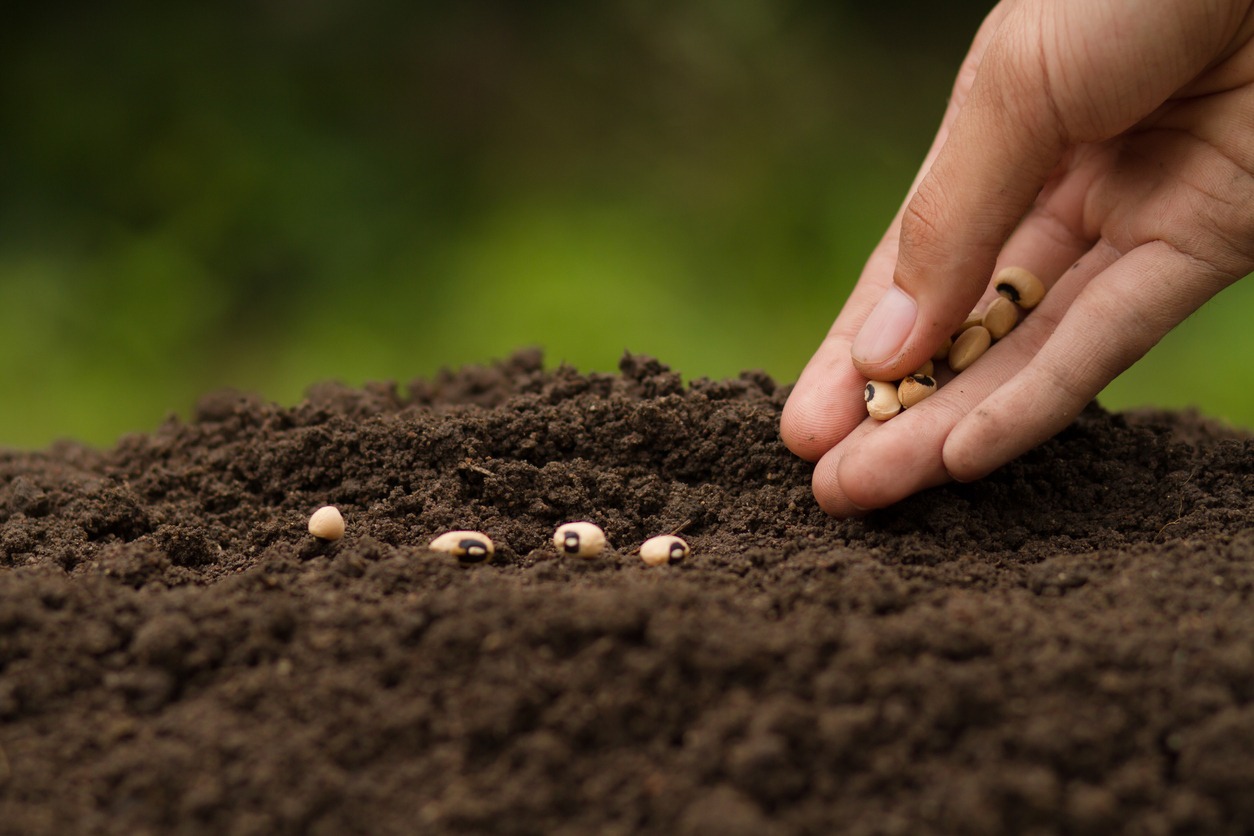
If GMO seeds don’t align with your goals or values, there are plenty of alternatives that can support a sustainable and self-reliant homestead. From heirloom varieties to organic seeds, these options provide diverse, reliable choices to meet your specific needs.
Heirloom Seeds
Heirloom seeds, preserved over generations, are prized for their genetic diversity and rich history. They are an excellent choice for homesteaders who want to save seeds and grow crops naturally adapted to their local climate.
Organic Seeds
Certified organic seeds are guaranteed to be GMO-free. They’re grown under conditions that support soil health and biodiversity, making them a great option for environmentally conscious growers.
Hybrid Seeds
While hybrids don’t allow for seed saving, they offer improved traits like disease resistance and uniform growth. They can be a practical middle ground for certain crops.
Practical Tips for Homesteaders
When it comes to deciding whether to incorporate GMO seeds into your homestead—or to avoid them entirely—preparation and knowledge are essential. Here are some practical tips to guide you:
1. Evaluate Your Homestead Goals
Take a moment to reflect on your priorities. Are you aiming for self-sufficiency, sustainability, or maximum yields? If seed saving and long-term soil health are important to you, GMO seeds might not align with your values. However, if your main concern is producing reliable crops under challenging conditions, you might consider exploring them further.
2. Research Your Seed Sources
Not all seed suppliers are created equal. Look for companies that prioritize transparency and align with your values. Many local seed exchanges and companies specializing in heirloom or organic seeds offer GMO-free options. Certifications like USDA Organic or Non-GMO Project Verified are clear indicators of non-GMO seeds.
3. Protect Against Cross-Pollination
If you choose to maintain a GMO-free homestead, it’s important to guard against cross-pollination. This is especially critical if neighboring farms use GMO crops. Plant buffer zones, stagger planting times, or grow varieties that don’t cross-pollinate easily to reduce the risk of contamination.
4. Keep Your Soil Healthy
Regardless of your seed choice, soil health is fundamental to successful farming. Prioritize practices like crop rotation, composting, and using cover crops to maintain nutrient-rich, resilient soil. Healthy soil supports plant diversity, which can naturally reduce the need for traits like pest resistance.
5. Experiment in Small Steps
If you’re curious about GMO seeds but hesitant to commit, consider experimenting on a small scale. Test a single crop or variety to observe its performance and impact on your homestead. Keep detailed records to help you decide whether these seeds fit into your overall farming strategy.
6. Stay Informed
The landscape of agriculture and seed technology is always evolving. Keep up with the latest research, changes in regulations, and trends in sustainable farming. Joining local farming groups or online communities can be a great way to share knowledge and stay connected to new developments.
7. Align with Your Values
Ultimately, the choices you make for your homestead should reflect your personal values and goals. Whether you decide to use GMO seeds, stick with heirlooms, or explore hybrids, the most important thing is that your decision supports the kind of homestead you want to build.
Conclusion
Deciding whether to use GMO seeds on your homestead is a deeply personal choice. While GMO seeds offer benefits like higher yields and pest resistance, they come with concerns about health, the environment, and ethical implications. For many homesteaders, alternatives like heirloom or organic seeds provide a path that aligns more closely with their values of self-reliance and sustainability.
Whatever path you choose, the key is to stay informed. By understanding the full implications of your choices, you can ensure that your homestead remains a thriving, resilient, and ethical place to grow.

